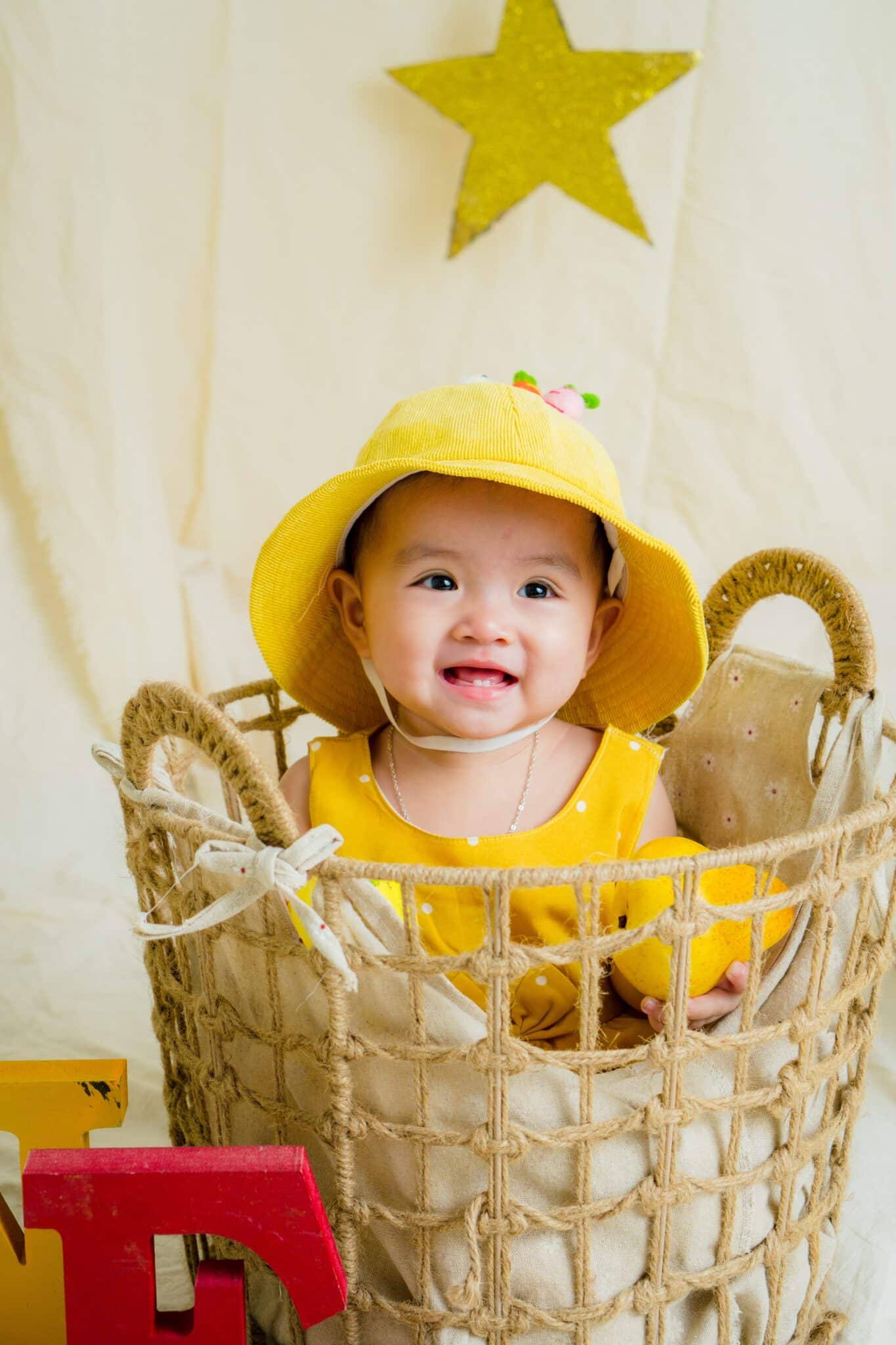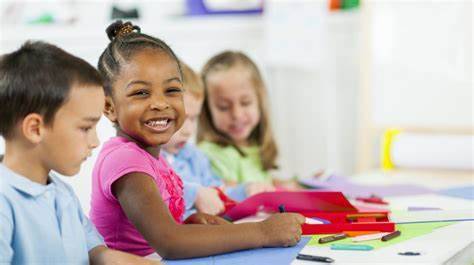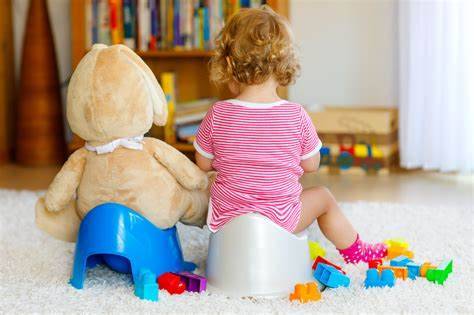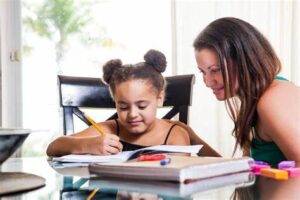
The transition to preschool is a significant milestone in your child’s life since it marks the beginning of their academic life. So, parents like you must ensure their children are well-prepared for this exciting new stage.
This thorough guide gives you tips on how to prepare your child for preschool.
From initiating talks about preschool early on to developing independence, social skills, and a love of learning, our recommendations at Omega Pediatrics will provide you and your kid with the tools required for a successful transition.
Why is Preschool Important?
Preschool is incredibly important for children, as it is a big stepping stone in their educational journey. It acts as a bridge, helping your kids transition from the familiar home environment to the world of schooling.
1. Your child gains new friends.
Preschool is a special place to meet new friends and learn how to play and work together. Your child can have fun with his classmates, share toys, and take turns. It helps them learn about friendship and how to be kind to others.
2. Your child will grow smarter.
A preschool is a place that lets your child grow and become smarter. He or she learns new things, like letters, numbers, and shapes, and imagines and creates ideas during art projects and pretend play. It helps your child’s brain strengthen and prepare for more learning adventures.
3, It lets your child have fun while learning.
In preschool, learning is super fun! Your child plays games, listens to stories, and does exciting activities like building blocks, painting colorful pictures, or singing. Everything your child does is about learning and discovering. Your child plays and has fun while getting smarter.
4. Boosts your child’s confidence.
Preschool lets your child feel confident about school. He or she learns independence like using the restroom, putting on shoes, and caring for himself. This independence makes his or her child ready for new school adventures. He gets excited to learn and grow!
5. Prepares them for the big school.
Your child learns important skills when he starts kindergarten or elementary school. Your child can practice counting, reading simple words, and solving puzzles. It’s a fun and exciting preparation for the more advanced things your kid will learn in the next grade level.
Research reveals that children who finish preschool have improved academic readiness. They develop foundational skills in areas of language, math, and problem-solving.
How to Prepare Your Child for Preschool
Both children and parents look forward to the move to preschool. Sufficient preparation for this new experience guarantees a smooth and successful start. There are several methods to prepare your child. We have made a list for you.
1. Start talking about preschool early.
Early conversations about preschool help your child mentally prepare for this new experience. Discuss the concept, explain what to expect, and address any questions raised. Starting these discussions early allows them to adjust gradually and build excitement.
2. Have a school tour.
Taking your child to the preschool allows them to become familiar with the environment, meet teachers, and explore the classrooms and play areas. The visit alleviates anxiety and creates familiarity. Encourage your child to ask questions during the visit.
3. Read books about preschool to your child.
Introduce your child to books that depict the preschool experience. These books can help them understand what to expect, see other children going through similar experiences, and provide a positive and relatable perspective on preschool.
Read the books together, discussing the preschoolers’ experiences and emotions to facilitate their understanding.
4. Label everyone’s belongings
Label your child’s belongings, including backpacks, lunchboxes, and clothes, with their name or initials. This helps prevent mix-ups and assists them in recognizing their belongings, promoting a sense of ownership and organization.
Involve your child in labeling their items, allowing them to practice identifying and writing their name.
5. Practice parent-child separation.
Gradually introduce short periods of separation from your child. Start by leaving them in the care of a relative or friend, and gradually increasing the duration. This helps them develop confidence and trust that you will return, easing the transition to preschool.
You will offer reassurance and ensure that your child understands that separation is temporary.
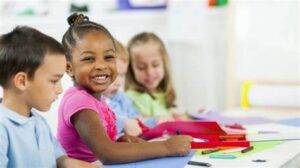
6. Establish a routine that’s almost similar to preschool.
Establishing a daily routine that aligns with the preschool schedule helps your child adjust smoothly. Set regular waking, eating, and nap times to prepare them for the structure of the preschool day.
Communicate the routine to your child and gradually shift their current routine closer to the preschool schedule.
7. Teach basic self-help skills.
Encourage your child to use the restroom independently, wash hands, and put on shoes. These self-help skills foster independence and confidence, enabling them to manage everyday tasks at preschool.
Create opportunities for your child to practice these skills in a supportive and encouraging manner.
8. Develop your child’s social skills.
Engage your child in social interactions and playdates to foster social skills. Encourage sharing, taking turns, and playing with other children to build their ability to interact positively with peers.
Help them understand the importance of cooperation, empathy, and respecting others’ boundaries. Practice social skills through role-playing activities at home.
9. Practice following instructions.
Help your child practice listening and following simple instructions. Engage in activities that require listening attentively and carrying out tasks, thus preparing them for classroom directions.
Use age-appropriate games and activities to make following instructions enjoyable and reinforce their ability to understand and follow directions.
10. Promote independence.
Encourage your child to perform tasks independently, such as dressing themselves or tidying up toys. By promoting self-reliance, they gain a sense of autonomy and confidence that will benefit them in the preschool setting. Offer support and praise for their efforts.
11. Encourage language development.
Engage in conversations and read books to enhance your child’s language and communication skills. Encourage your kids to express their thoughts, ask questions, and engage in meaningful conversations.
Provide a language-rich environment by introducing new vocabulary, discussing their day, and encouraging them to describe their experiences.
12. Practice fine motor skills.
Engage your child in activities that promote fine motor skills, such as coloring, drawing, and playing with toys that can be manipulated. These activities strengthen their hand-eye coordination and dexterity, supporting their ability to handle pencils, scissors, and other materials.
Offer a variety of materials and age-appropriate activities to encourage fine motor development.
13. Roleplay “school” at home.
Set up pretend play sessions at home where you take turns being the teacher and the student. This game helps your child become familiar with the structure and routines of a classroom setting, making the transition to preschool smoother.
Use props, role-play different scenarios, and introduce elements of classroom activities, such as circle time and group play.
14. Teach your child problem-solving skills.
Encourage your child to solve simple problems independently. Provide them with opportunities to think critically, make decisions, and find solutions independently. Ask open-ended questions to stimulate their problem-solving skills. Encourage them to explore alternative solutions.
15. Foster a love for learning.
Engage in educational activities and explore new interests with your child. Foster a positive attitude towards learning by making it fun, exciting, and relevant to their interests. Read books, visit museums, engage in experiments, and encourage them to ask questions.
These are some of the ways to explore your child’s curiosities. Celebrate their efforts and discoveries to nurture their love for learning.
16. Encourage sharing and taking turns.
Teach your child the importance of sharing and taking turns through playdates or activities with siblings. Practice turn-taking and sharing toys to develop social skills and cooperation, which are crucial in preschool.
Praise positive sharing behaviors and help them understand the feelings of others.
17. Practice your child’s listening skills.
Engage in activities that require active listening, such as reading stories and playing games that involve following instructions. Encourage your child to pay attention, understand, and respond appropriately, developing their listening skills for effective classroom participation.
Offer opportunities for active listening, such as storytelling sessions, music and movement activities, and listening games.
18. Have a goodbye routine.
Help your child cope with separation anxiety by creating a goodbye routine. Establish a consistent farewell ritual that provides comfort and reassurance, helping them feel secure and confident in your return.
Reassure them that you will return and emphasize the fun activities and friends they will have at preschool.
19. Stay positive and supportive.
Maintain a positive and supportive attitude throughout the transition to preschool. Be enthusiastic about the new adventure, offer encouragement, and celebrate their milestones and achievements, fostering their self-esteem and love for learning.
Talk positively about preschool, highlighting the exciting experiences, friends, and new skills they will gain. Listen to their concerns and provide reassurance.

Get Ready for a New Chapter of Life for Your Child
Preparing your kid for preschool is an important stage in their educational path, and the appropriate technique ensures a smooth and successful transition. These tips give your kid the skills and mentality needed to succeed in preschool and throughout his academic life.


